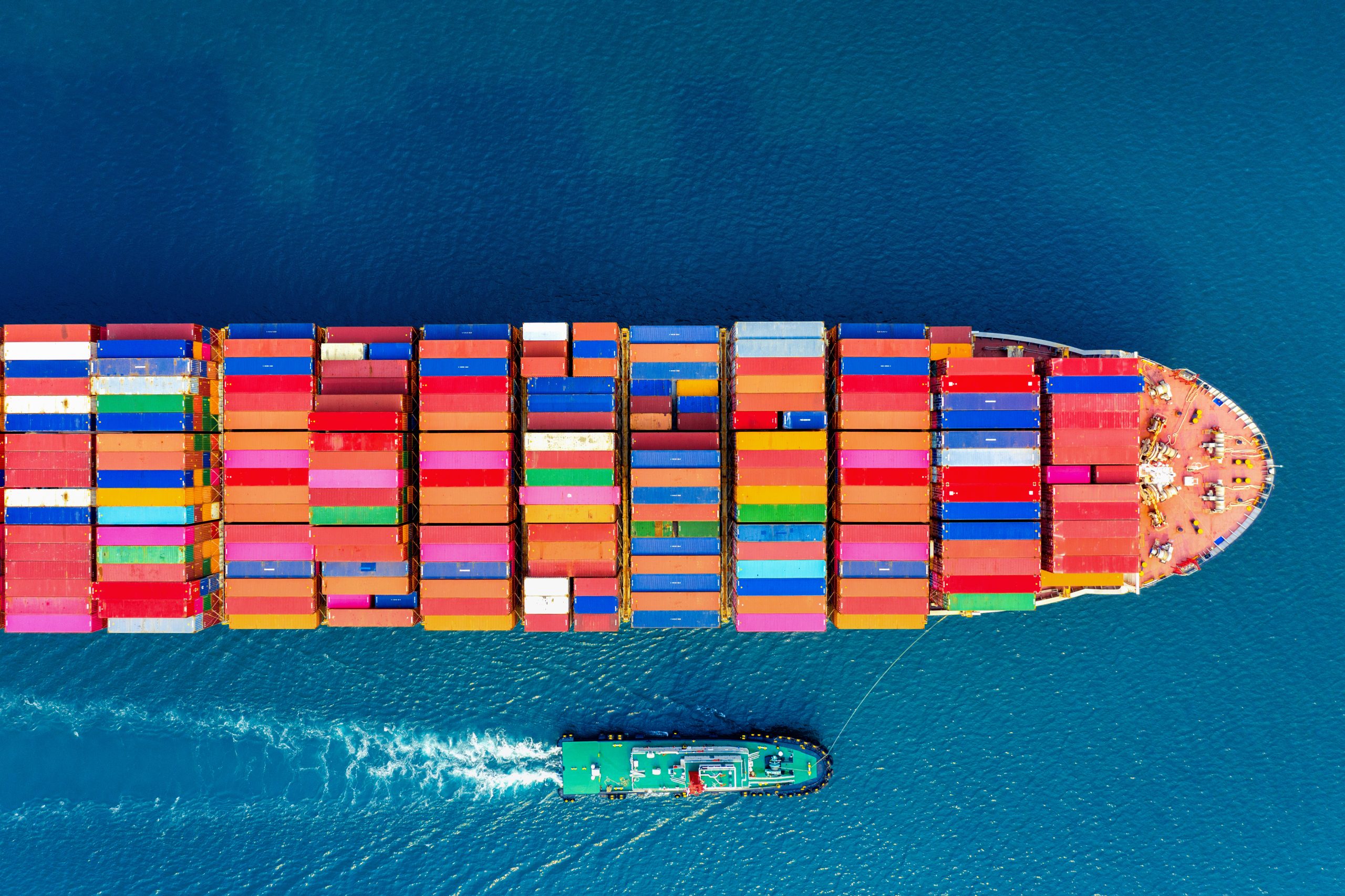In view of geopolitical changes and growing protectionist tendencies of large economies such as China and the USA, closer co-operation with the Global South, including the Mercosur countries, is considered necessary. Germany and France have reorganized their trade policies, in particular through a joint industrial strategy and a derisking strategy to reduce economic vulnerabilities, which could represent an opportunity to bring together traditionally different views of trade policy.
The Mercosur agreement offers the EU the opportunity to deepen its economic relations with South America and reduce dependencies on other global trading powers. This could be achieved by opening up European markets for South American agricultural commodities and the export of European industrial goods. The aim is to promote bilateral trade and investment and reduce trade barriers, also in order to position the EU as a serious alternative trading partner to China.
The policy paper concludes that the Mercosur agreement could be an essential building block for the EU’s economic security in a fragmented world, provided that the different national interests within the EU are harmonized and a clear strategy is developed to overcome geopolitical challenges.
About the authors:
Simon Gerards Iglesias is an Economist and Economic Historian at the The Institut der deutschen Wirtschaft, Cologne.
Marie Krpata is a Research Fellow at the Study Committee on Franco-German Relations (Cerfa) at the French Institute of International Relations – Ifri.
Ana Helena Palermo Kuss is an Economist and Advisor to the President at ZEW – Leibniz-Zentrum für Europäische Wirtschaftsforschung, Mannheim.


